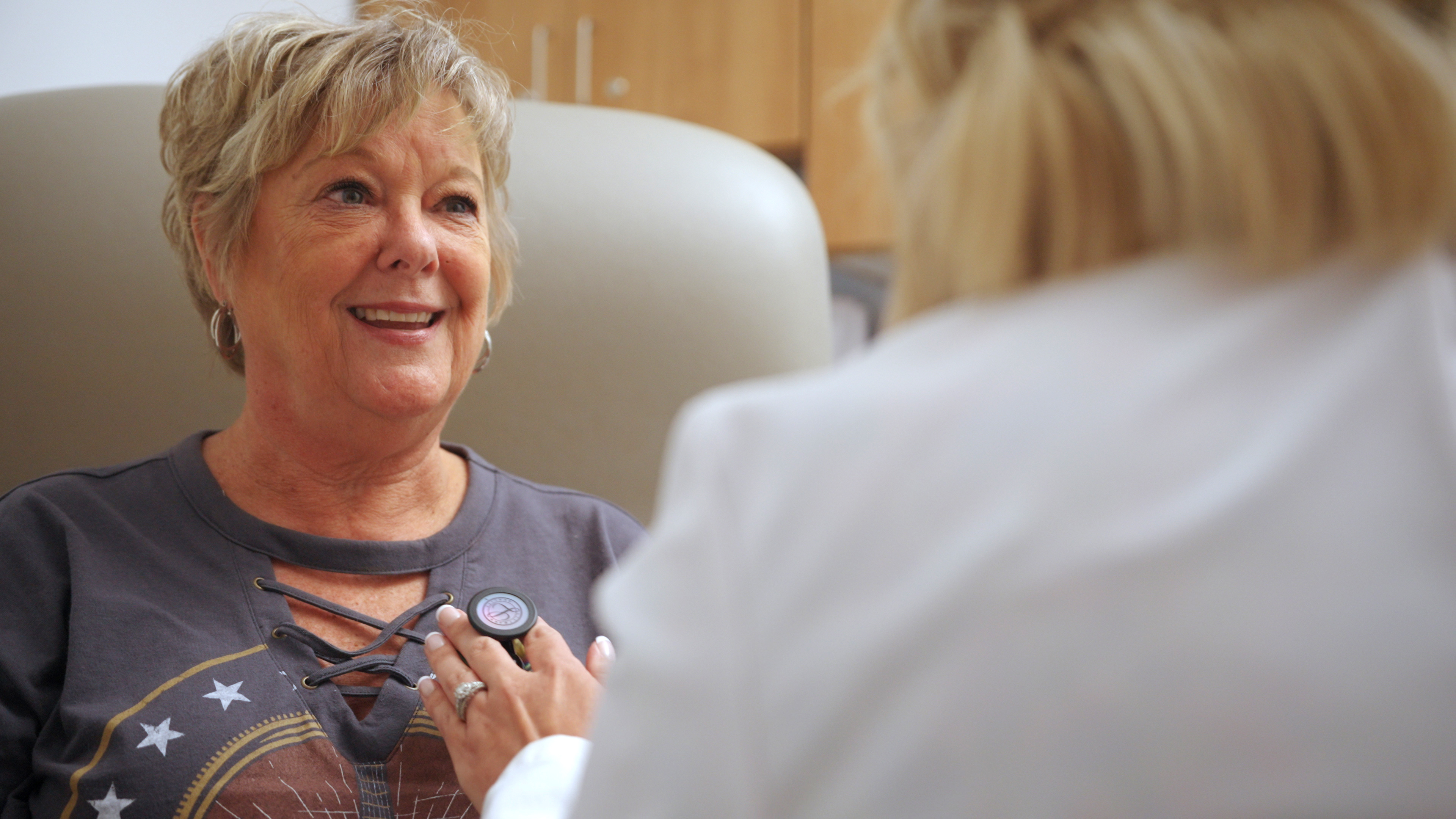Quality Measures
As consumers, many of us want to know what we’re getting for our money before we buy. We want to “kick the tires” and see that we are getting a quality product before we let go of our hard-earned cash. When hospital report cards were first envisioned, they were seen as a way for consumers to evaluate a hospital’s success in a particular area and possibly compare the hospital to its competitor. Given the complexity of medicine, however, experts have found it extremely difficult to collect the kind of data that makes extensive report cards meaningful, particularly when it comes to making one hospitals' report card “match” a competitor’s so consumers can make “apples to apples” comparisons.
That said, we are very proud of the work we do, and we are happy to report our success. In order to streamline our reporting, we follow guidelines mandated by the Department of Public Health. We report staffing data on nursing units (watching to ensure we follow protocols for staffing the appropriate number of nurses for the number and acuity of patients we have); statistics for care measures like: ventilator-associated pneumonia and central line infections; and statistics for a surgical care improvement project (which includes decreasing surgical-site infections).
The report card also contains HCAHPS, an acronym that stands for Hospital Consumer Assessment of Healthcare Providers and Systems Survey. The data on this survey are collected from patients and represents their perceptions of the hospital inpatient experience. The information is displayed as a comparison between Sarah Bush Lincoln and state and national averages. You can go directly to www.hospitalcompare.hhs.gov and examine the data for yourself or select the links to the right for SBL comparisons.
Our goal is be transparent with this information and display the data in a way that makes sense to most consumers. We encourage you to ask questions so you feel comfortable with your healthcare decisions.
HCAHPS
Heart Attack
Heart Failure
Pneumonia
Surgical Care Improvement/Surgical Infection Prevention








